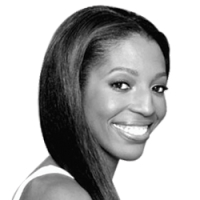Entertainment
How Sex, Social Media, and Steve Harvey Saved ‘Family Feud’
GAME SHOW CHAMPS
The game show Family Feud is about to do something it hasn’t done in nearly three decades: reclaim the title of the most popular game show in America. How did it happen?
Trending Now





